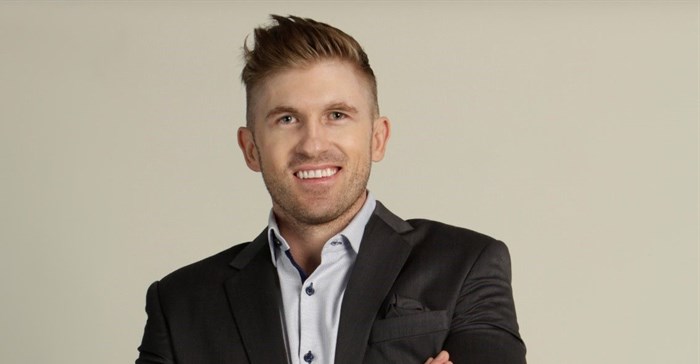
Instead of three I would like to include my top six tips as these points the full picture when looking to secure your financial future:
Online learning has to be made a reality in this country. Government has to provide learners with the ability to connect from remote locations. Education is moving away from physical face to face and venue-based learning. Remote learning allows for lower school fees due to no fixed space being needed as well as teachers and lecturers making recordings which can be used over and over again further reducing learning costs and making learning more accessible and feasible. Students need a smart device of some kind and an internet connection and learning can take place from all parts of South Africa.
I think moving education to more online with a blended approach will assist hugely in improving financial literacy. Lastly I think basic finance 101 should be made a compulsory subject for all high school learning, as this subject plays a key role into adulthood, and should not only be those students that study a finance degree post school, that has access to a financial foundation.
Be more entrepreneurial. The country is at a point where local entrepreneurs are needed more than ever to increase GDP and employment opportunity. My generation must look harder for opportunities and not be so risk averse when it comes to trying new things. You never know where it could lead you as well as the country.
